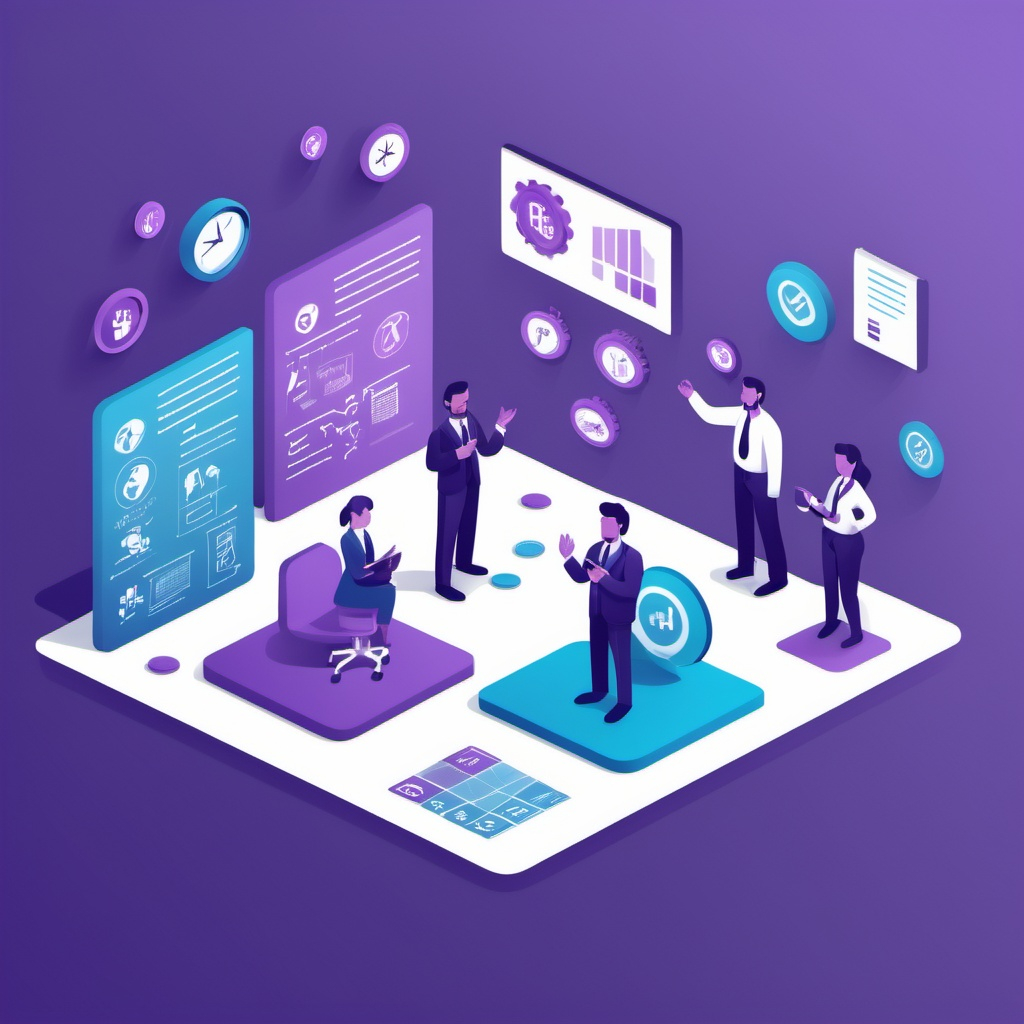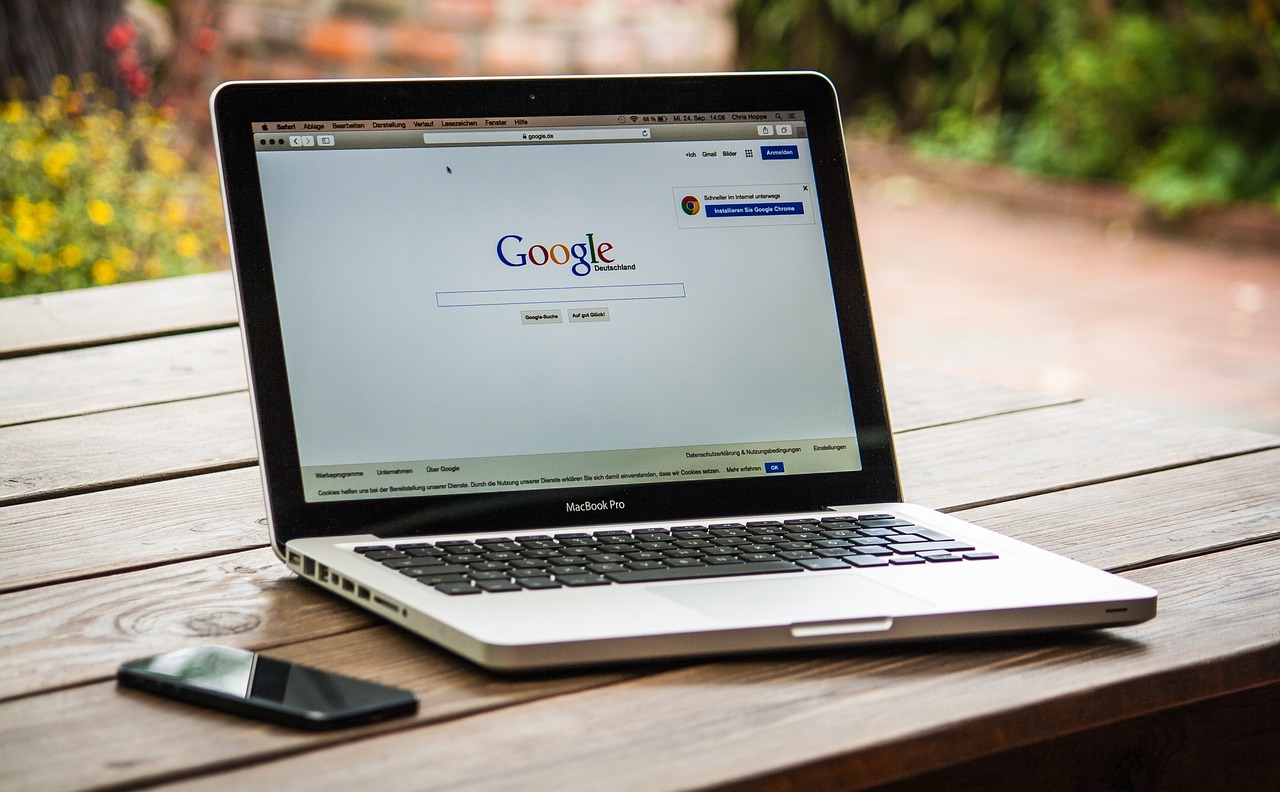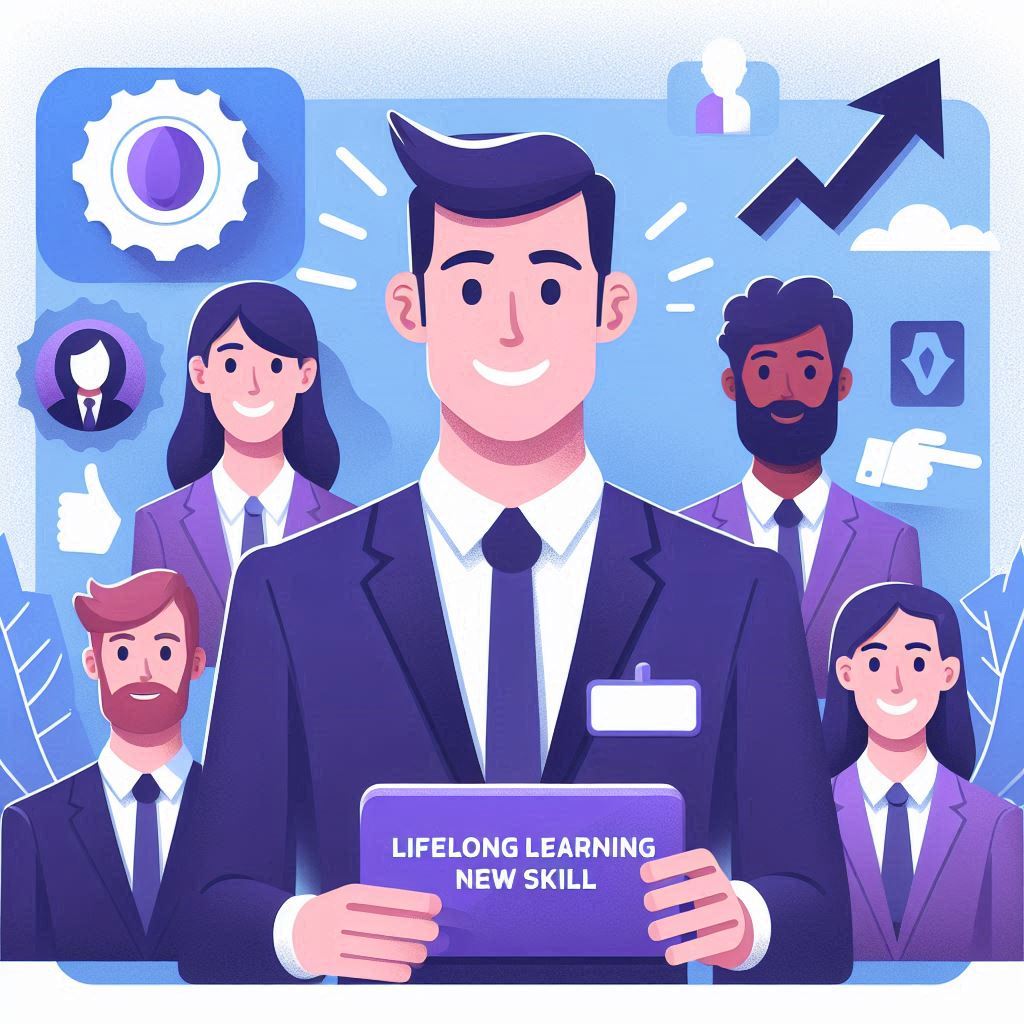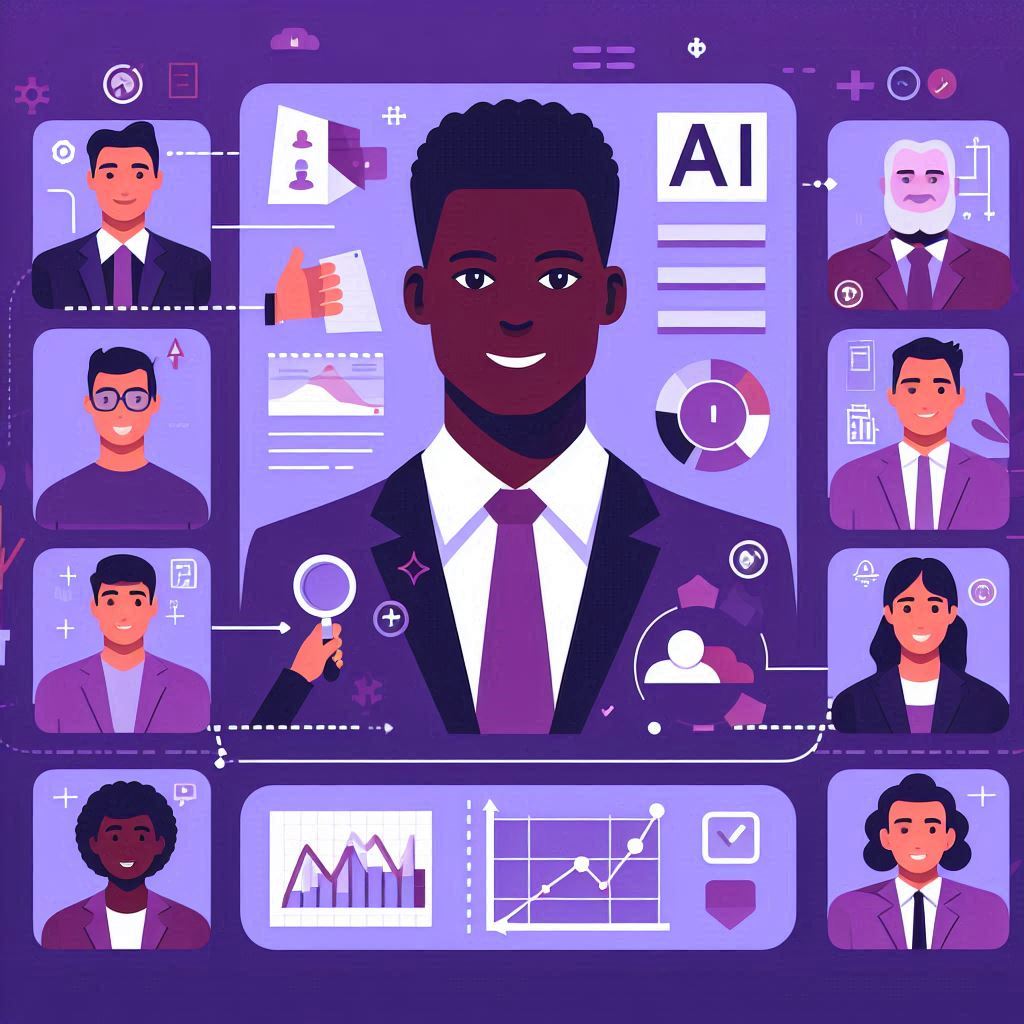Serious Solutions Through Play: The Gamification Revolution in the Workplace
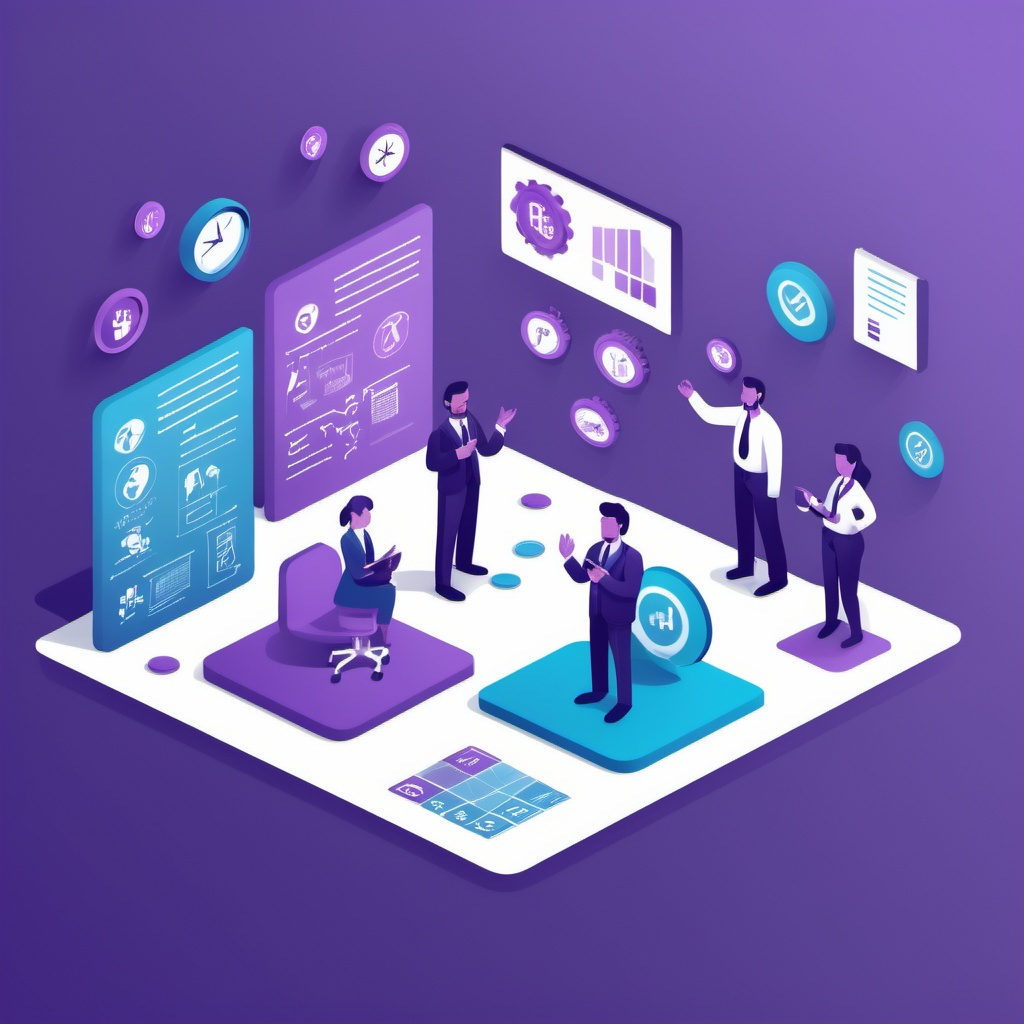
Imagine a workplace where only 15% of employees feel truly engaged—a reality revealed by Gallup’s 2023 State of the Global Workplace report. This widespread disengagement isn’t just a morale issue; it costs businesses a staggering $500 billion annually in lost productivity. Now, envision a solution that transforms routine tasks into motivating challenges by applying game mechanics like points, badges, and leaderboards. This is gamification: a strategic, powerful approach that addresses serious workplace problems by boosting engagement, motivation, and overall performance.
Why Gamification Matters
Gamification is far from mere play. It harnesses the power of game mechanics—such as points, badges, leaderboards, and real-time feedback—to tap into deep human drives like achievement, recognition, and social connection. Forbes reports that 90% of employees say gamification makes them more productive, while 72% feel motivated to work harder when game elements are integrated into their daily tasks. This is especially vital in hybrid and remote work environments, where maintaining energy and focus can be difficult.
Addressing Core Workplace Issues
Engagement and Productivity: Gamification turns routine work into a series of achievable challenges, providing visible progress and instant rewards. This approach has been shown to boost productivity by up to 90% and increase workplace engagement by nearly 50%.
Learning and Development: Gamified training programs, including VR simulations and microlearning, improve knowledge retention and skill application. Companies like Walmart and Deloitte have successfully implemented these immersive experiences to upskill employees effectively.
Culture and Collaboration: By fostering friendly competition and team-based challenges, gamification strengthens workplace culture and encourages collaboration. Real-time recognition and leaderboard systems create a sense of shared purpose and belonging.
Data-Driven Insights: Gamification generates valuable data on employee behavior and performance, enabling organizations to tailor strategies and continuously improve engagement efforts.
Motivational Perspectives
Management guru Peter Drucker famously said, “Culture eats strategy for breakfast.” Gamification shapes that culture by making work meaningful and rewarding. Nick Butler, a leading expert on gamification, reminds us: “Meaningful work comes from being surrounded by colleagues who genuinely care about each other as individuals rather than as digital avatars or competitors on a leaderboard.” This highlights the importance of designing gamification with empathy and respect.
Cautions and Best Practices
Gamification is not a magic wand. Poorly designed systems risk fostering unhealthy competition or superficial engagement. Ethical implementation requires transparency, fairness, and alignment with intrinsic motivators to truly enhance employee experience.
Conclusion
With the gamification market projected to reach over $30 billion by 2025, its role in solving workplace problems is undeniable. As AI-driven personalization and mobile-first solutions evolve, gamification will become an essential tool for attracting, engaging, and retaining talent in the modern workforce.
“The secret of change is to focus all your energy not on fighting the old, but on building the new.” — Socrates
By embracing gamification thoughtfully, businesses can build workplaces where employees are not just productive but inspired.
References
https://www.forbes.com/sites/traversmark/2024/04/18/a-psychologist-reveals-6-issues-every-gamified-workplace-faces/
https://www.forbes.com/councils/forbeshumanresourcescouncil/2024/07/09/press-start-to-succeed-gamification-and-the-quest-for-higher-productivity/
